Roving with the Arts
Roving with the Arts
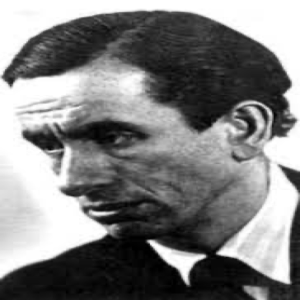


Tuesday Oct 12, 2021
Tuesday Oct 12, 2021
Hans Krása (30 November 1899 – 17 October 1944) was a Czech composer, murdered during the Holocaust at Auschwitz. He helped to organize cultural life in Theresienstadt concentration camp.
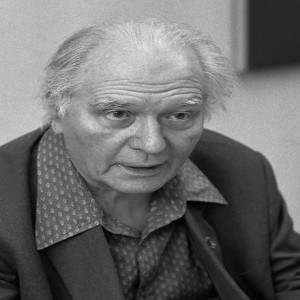


Tuesday Sep 28, 2021
Roving with the Arts: “Hope not Hate” #13 dedicated to Olivier Messiaen
Tuesday Sep 28, 2021
Tuesday Sep 28, 2021
After the fall of France in 1940, Messiaen was interned for nine months in the German prisoner of war camp Stalag Vll-A,
where he composed his "Quatuor pour la fin du temps" ("Quartet for the end of time") for the four instruments available in the prison—piano, violin, cello and clarinet.
The piece was first performed by Messiaen and fellow prisoners for an audience of inmates and prison guards. He was appointed professor of harmony soon after his release in 1941 and professor of composition in 1966 at the Paris Conservatoire, positions that he held until his retirement in 1978.
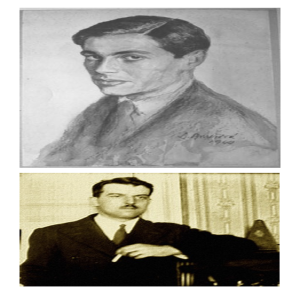


Tuesday Sep 14, 2021
Roving with the Arts: ”Hope not Hate part 12”
Tuesday Sep 14, 2021
Tuesday Sep 14, 2021
Gideon Klein(Top) was born in Prerov, Moravia, on 6 December 1919. His family, rooted in Jewish tradition, was also modern in outlook and supportive of culture and art.
On 1 December 1941, Gideon Klein, along with thousands of other Prague Jews, was deported to Terezín. He immediately became active in the camp’s cultural life, undertaking whatever was necessary to assist in the creation and maintenance of musical activities for the benefit of both musicians and their audiences.
Nine days after completing his string trio, fated to be his last composition, Gideon Klein was sent to Auschwitz on 1 October 1944, and from there to Fürstengrube, a coal-mining labor camp for men, near Katowitz in Poland. It is not known whether he was killed there by the remaining Nazis as the liberating Red Army approached or whether he died on a forced march with those Jews made to accompany the fleeing SS.
Emile Goue(bottom) 1904-1946- was born in France. He was a scientist as well as musician and taught in Paris, He was conscripted into the army in France and captured in June 1940, taken to Flag XB in Nienburg, and took an active role in cultural and musical activities.
“Captivity removes almost all contact with real life, therefore almost all interior life…frequent solitude is necessary to enrich one’s interior life, and all solitude does default…The hardest part is not being hungry, it is to feel one’s spiritual level lowering”.
After liberation, he died in 1946 in Paris.
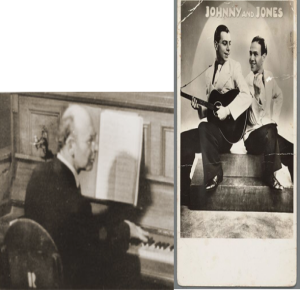


Wednesday Aug 25, 2021
Roving with the Arts: Hope not Hate #11: Willy Rosen and Johnny and Jones
Wednesday Aug 25, 2021
Wednesday Aug 25, 2021
Rosen’s luck ran out in the spring of 1943 when the remaining Jewish artists in the city were arrested and taken to Westerbork.
Here, for the last time, Rosen assembled ‘the best cabaret in Holland’.
Before he was put on a transport to Theresienstadt Rosen wrote a farewell poem. It included these lines:
From here I saw some transports travel away, and now – I’m being thrown to the old steel tracks. Now I myself am getting on board the train with my backpack; just between us, I find it bad enough.
Along with his mother, Willy Rosen died in Auschwitz in the winter of 1944.
On 4 September 1944 Van Wesel and Kannewasser were deported on one of the last transports from Westerbork to a series of concentration camps: Theresienstadt, Auschwitz Sachsenhausen, Ohrdruf and Bergen-Belsen.[1] They died of exhaustion during the last days of the war in 1945, Johnny on 15 April, the day that the camp was liberated.[1][
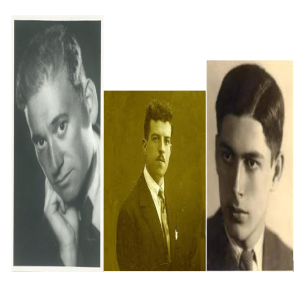


Tuesday Jul 13, 2021
Tuesday Jul 13, 2021
Sandor Kuti was born in Budapest in 1908. In 1940 he was deported to an unidentified forced labor camp in Germany and died in an unidentified punishment camp in 1945. Most of his works were lost.
Gideon Klein 1919-1945 A Czech pianist and composer, Klein organized the cultural life in Theresienstadt concentration camp. In Theresienstadt, he wrote works for string quartet, a string trio, and a piano sonata. He died in unclear circumstances during the liquidation of the Fürstengrube camp in January 1945.
Emile Goue 1904-1946- was born in France. He was a scientist as well as musician and taught in Paris, He was conscripted into the army in France and captured in June 1940, taken to Flag XB in Nienburg, and took an active role in cultural and musical activities. He organized science lectures in physics, music, and stage performances. After being released he returned to Paris and died in a sanatorium in 1946.
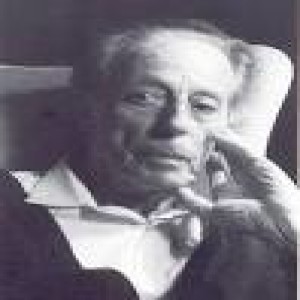


Thursday Jun 24, 2021
Roving with the Arts: “Hope, not Hate” William Hilsley Part #9
Thursday Jun 24, 2021
Thursday Jun 24, 2021
William Hilsley was born December 15, 1911, and died January 12, 2003. He was a German-British composer, musician, and teacher who grew up in Germany and emigrated to the Netherlands. He was interned in Germany and returned to the Netherlands after the war. Mr. Hilsley is best known for his music composed and performed in the internment camps.
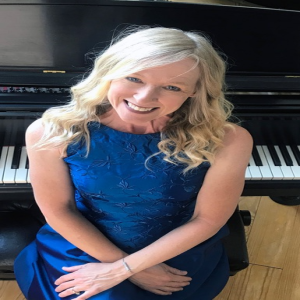


Wednesday Jun 16, 2021
Roving with the Arts: “Local Favorites” Kristen Chen
Wednesday Jun 16, 2021
Wednesday Jun 16, 2021
Born in California, Kristen grew up involved in various musical activities from choirs to orchestras, the most significant being her study of the piano. She earned her BM from Biola University and her MA from San Jose State University.
Kristen began teaching young piano students in 1987 and is a certified Suzuki Piano Instructor. She has enjoyed working with the littlest children as young as 3 years old as well as adjudicating and teaching for various camps and festivals.
In addition to teaching, Kristen has been actively performing in chamber music concerts while in California and currently in the Four Corners Area.
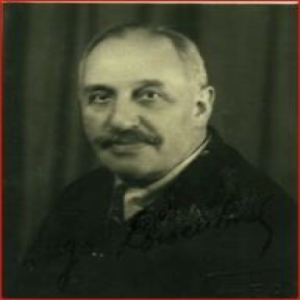


Tuesday Jun 08, 2021
Roving with the Arts: “Hope, not Hate” part #8 dedicated to Hugo Lowenthal
Tuesday Jun 08, 2021
Tuesday Jun 08, 2021
Hugo Lowenthal 1879-1943 was born July 13, 1875 in Prag (Czech Republic). On February 8,1942 he was deported to Theresienstadt where from May 5 to 16, 1942 he composed "Traditionelle Weisen für Pesach, Schwuos und Sukkot" in an arrangement for violin and accordion. In June 1942, he was transported to an unknown Polish camp, where he presumably died.
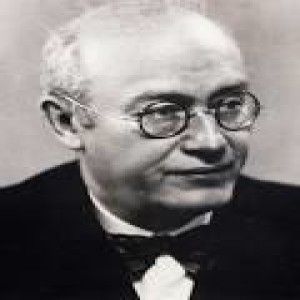


Tuesday May 25, 2021
Tuesday May 25, 2021
After being interned and tortured at Pankrác prison for two years (1943–1945) Karel was sent to Theresienstadt prison. The conditions in the prison were dire and he became ill with dysentery and pneumonia. SS-Oberscharführer Stefan Rojko sent all ill prisoners outside in freezing cold to disinfect the cell. As a result Karel and 8 other prisoners died on 6 March 1945.
In Pankrác and Theresienstadt he continued working. He composed five-act fairy-tale opera Three Hairs of the Wise Old Man, writing on toilet paper using pencil or medicinal charcoal. The 240 sheets containing a detailed sketch of the opera was secretly passed to a friendly warden. The orchestrations were completed after his death and from his notes by his pupil Zbynek Vostřák.



Wednesday May 12, 2021
Roving with the Arts: Local Favorites Charlie Decker
Wednesday May 12, 2021
Wednesday May 12, 2021
“Local Favorite” Charlie Decker has visited Farmington several times. He performed with Kissmah Brass Band during 4th of July concerts and was also a featured guest clinician with the Trumpet Geezers. Charlie is retired Professor of Trumpet at Tennessee Tech in Cookeville, TN.